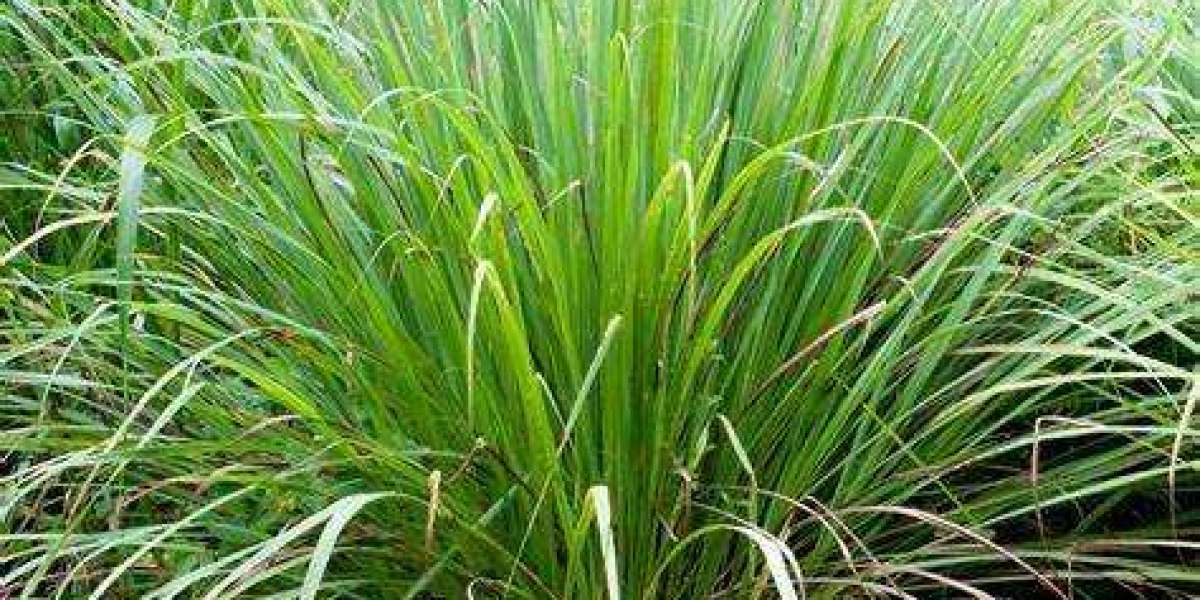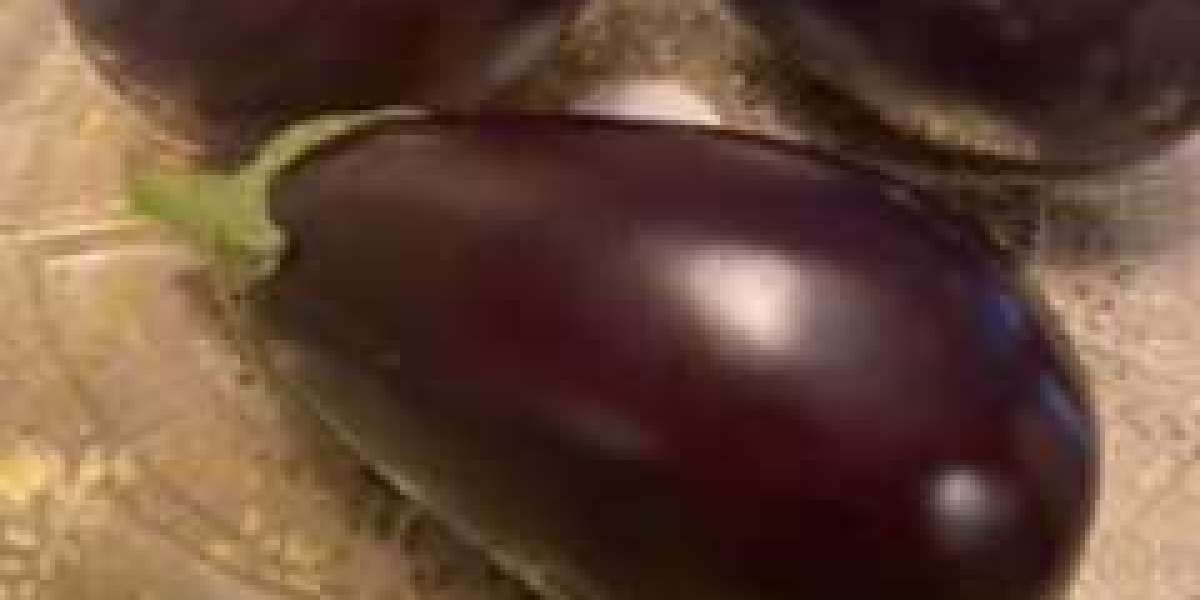Brrrr!! It is on! The temperature is dropping and iciles are framing the windows. This is the time of the year, we say, TEA? Your response should be a hearty yes, thank you. Today, I compiled some of the best herbal teas you can find in your local farmers' markets or if you identified a product such as lemon grass, buy it. Here we go!
History
Herbal teas—commonly known as tisanes in Europe—have been traditionally used by various cultures around the globe. To date a myriad of herbs, flowers, berries, roots, and barks were used by our ancestors to create aromatic elixirs as well as applied for medicinal purposes. Herbal teas that are usually caffeine free, is an awesome option anytime of the year including during more frigid temperatures.
Aside from the natural flavors, aromas, and healing properties, herbal teas should be a welcome addition to your daily dietary intake (I recommend at night). I am very excited to share with you since I've had personally experiences with (1) dandelions, (2) rosemary, and (3) lemon grass. In addition to assisting your digestive system, some herbal teas are great for promoting respiratory health, contains anti-inflammatory properties, as well as reduce or eliminate joint pain. Before getting into the facts, I will share my experiences with the aforementioned herbs.
Dandelions
I found four patches of dandelions in my backyard. APTTMH!!!!. You can soak the leaves in hot water for herbal tea. The process includes cutting the greens, then I soak the leaves overnight, then I rinse prior to consuming just like kale or aragula. My joint pain disappeared immediately. Wai, and hear me. I know your concern about pesticides, but let's face it. We are living and breathing pesticides daily. We are bringing fruits and veggies that are drenched with pesticides and other harmful products, unless you know the farmer personally. So, the goal is preparing your foods prior to consuming. The same precaution should be taken with dandelions. I recommend soaking dandeions 24hrs before consumption, then wash again prior to eating te greens. It's an acquired taste but the health benefits are confirmed by my consumption since the spring. It's a miracle herb.
Lemon Grass
A great substitute for dandelions when referencing joint pain is Lemon grass. This you can view from the video below. I purchased Lemon Grass already packaged. While I hesitated, inquiring minds needed to prove whether this herb works or not. Subsequently, I have been consuming lemon grass with mint, and rosemary for the past few days. SImply prepare accordingly and place in a cup of hot water.
Rosemary
Rosemary is a great herb that I've typically used as a seasoning. To my surprise, it makes an awesome tea with additional healing properties. Tea combos is all the rave as recommended above. Below is a wonderful summary of best herbs courtesy of Tea Culture Wellness site.
Nettle
You might know nettle for its notorious leaves and stems, which can result in a painful burning sensation if touched against bare skin. Believe it or not, the same bioactive compounds that have given “stinging nettle” its name have also led to its status as a super herb. Research indicates that nettle may have anti-inflammatory and antirheumatic effects.* Other studies show that the plant may support kidney function, as well as provide some relief for menopausal symptoms.*
Reishi Mushroom
Reishi mushroom was first discovered in the Changbai Mountains by Chinese healers more than 2,000 years ago. Over the course of centuries, reishi became a staple in traditional Chinese healing, earning nicknames such as the “mushroom of immortality.” Modern practitioners use reishi mushroom to support immunity.* This is due to reishi’s high concentration of triterpenes, which are believed to strengthen immune cells and may have anti-inflammatory properties.*
Dandelion
In the western hemisphere, dandelion is often regarded as nothing more than a common backyard weed. But medicinal use of the root dates back thousands of years to ancient China and Egypt, where it was hailed as a powerful tonic. Dandelion root is believed to support digestive health, and is also used as a natural diuretic.* Dandelion also have anti-inflammatory and antirheumatic effects.
Raspberry Leaf
For centuries, midwives have turned to red raspberry leaf to help keep expectant and nursing mothers healthy. Because it may contain iron and antioxidants, raspberry leaf is thought to encourage muscle relaxation, which may ease pain during labor.* It may also increase milk supply in nursing mothers.*Although medical research studies have indicated that red raspberry leaf is safe for pregnant women to consume, it is always recommended to consult with your doctor before sipping any herbal tea.
Sage
Sage may be a staple in every kitchen pantry, but this ancient herb does more than just add flavor to food and beverages. Specifically, sage may help menopausal women cope with certain unpleasant symptoms, such as hot flashes.* Sage contains bioactive compounds which are believed to help soothe, cool, and calm the body during hot flashes, reducing their intensity.*
Moringa
Known as the “miracle tree” by traditional healers in India, moringa is rich in phytochemicals that may offer a range of wellness benefits.* These compounds include flavonoids, alkaloids, phytosterols, phenolic acids, and various vitamins and minerals. Moringa is also thought to contain antioxidant, anti-inflammatory, and antimicrobial properties.*
Milk Thistle
Have you been feeling sluggish, groggy, bloated, anxious and fatigued? If so, your body may benefit from the cleansing and energizing effects of a detoxifying tea, such as milk thistle.* Milk thistle—named for the white substance exuded from the leaves when cut—contains a compound called silymarin, which was first used by the Egyptians more than 2,000 years ago to protect the liver against harmful toxins. Silymarin may play a role in overall liver health as well as detoxification.*
Baobab
You may know the mighty baobab tree thanks to the otherworldly Avenue of the Baobabs, an icon of western Madagascar. But did you also know that the baobab is known locally as the “tree of life?” Baobab fruit is rich in polyphenols, a type of potent antioxidant that fights inflammation in the body, and has a reputation for soothing a diverse number of ailments.*
Peppermint
Refreshing peppermint has a history of use dating back to roughly 1,000 B.C., when it was used to provide relief for a myriad of aches and ailments. Fast forward 3,000 years and not much has changed—the herb is still used to soothe gastrointestinal, joint, and muscular pains.*Peppermint contains several types of flavonoids, which are believed to play a role in these calming and analgesic effects.*
Fennel
In ancient Greece, fennel was commonly used by healers to alleviate digestive issues such as heartburn and bloating, as well as to boost milk production in nursing mothers.*Phytochemical studies of fennel show that the herb contains many valuable compounds—including flavonoids, amino acids, and phenolic compounds—which contribute to fennel’s possible anticolitic, diuretic, and gastrointestinal effects.*
Elderflower
In Europe, elderflower was once regarded as the “medicine chest of the people”—a name which alludes to the flower’s status as a folk medicine favorite. Health benefits linked to elderflower may include antiseptic, anti-inflammatory, anti-viral, and anti-bacterial properties.* Some studies show that elderflower may protect against and minimize symptoms of the common cold and related illnesses.*
Thai Ginger
Hailing from the tropical regions of Southeast Asia, Thai ginger has a reputation for soothing upset stomachs, banishing nausea, and easing digestion.* Studies indicate that it may even help protect against seasickness.* Additionally, traditional healers have been using Thai ginger as a “cure all” for thousands of years—everything from easing symptoms of the common cold to reducing inflammation and maintaining overall wellness.*
Fenugreek
An annual herb native to South Asia and the Mediterranean, fenugreek has been used for centuries to add a nutty, robust flavor to cuisine. But in certain cultures, it has also been used to support healthy milk production in nursing mothers.*In fact, fenugreek is the herbal remedy most commonly recommended to stimulate lactation and boost milk supply.* Fenugreek is generally recognized as safe for women who are pregnant, but it is advised to check with your doctor before sipping any herbal tea. Whether you’re looking for a new way to support your overall wellness goals or simply an invigorating beverage that can be sipped any time of the day, herbal teas are a healthy addition to any lifestyle. We always recommend savoring your tea and enjoying it sip by sip!
Video from Jamaican promoting the benefits of lemon grass.
Healthy=Wealthy
Shalom
Sis CeeCee















Ayana Johnson 3 yrs
This is right up my alley! I am all about the natural remedies and whole food nutrition. Thank you for putting this together; some of these I have never tried as a tea